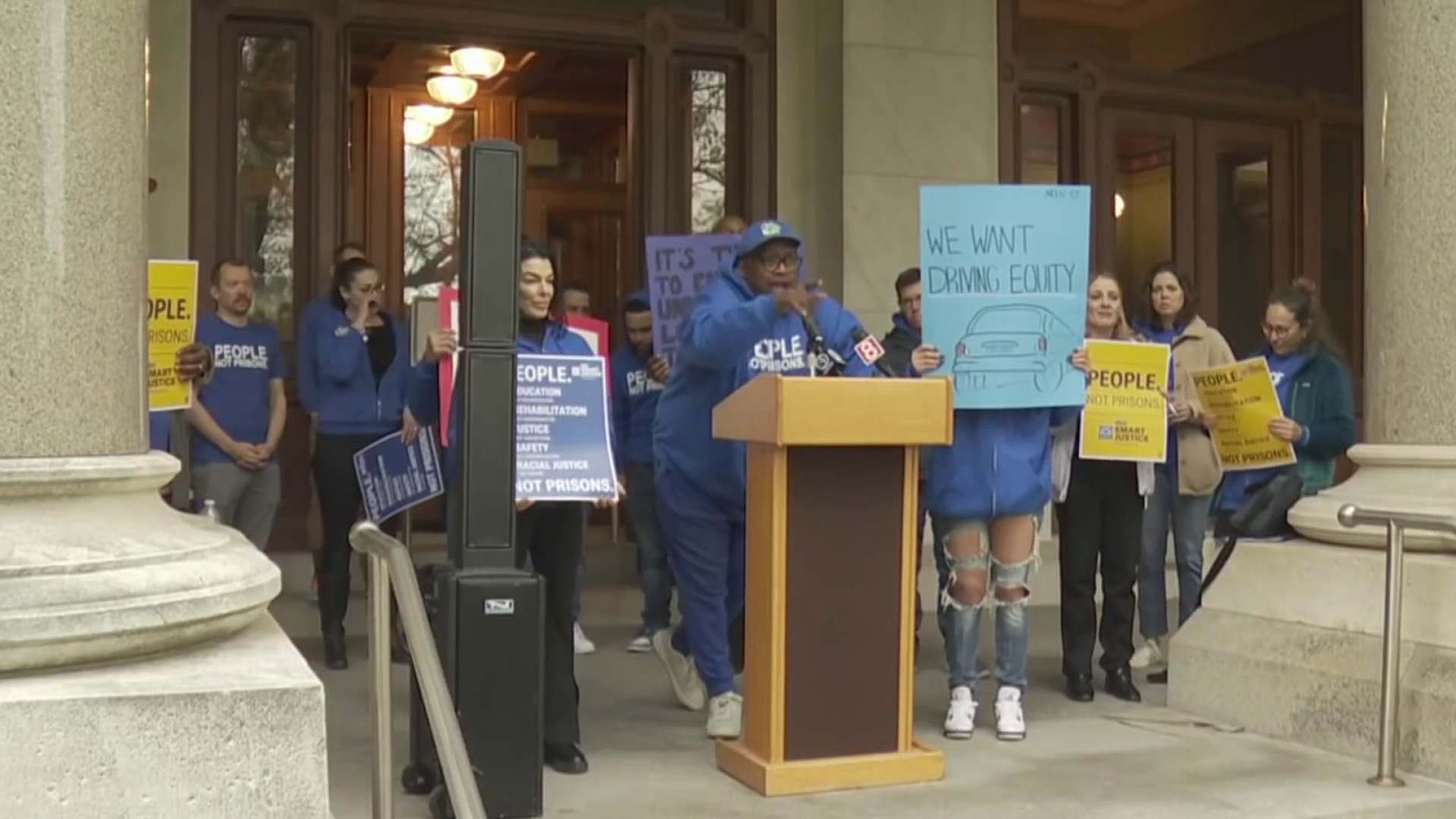The question of "Are you an American citizen?" will not appear on the 2020 census following a ruling from the Supreme Court one day before a summer break.
Chief Justice John Roberts joined four justices in finding the Trump Administration’s explanation for adding the question insufficient.
Local and state leaders said this ruling will lead to a more accurate count next year of the population statewide as well as in cities and towns, while President Trump is already criticizing the decision from the highest court in the land.
“I was actually undocumented for a while,” said Tabitha Sookdeo, who is now considered a DREAMER.
She said her immigrant parents brought her from Guyana in South American to Jacksonville, Florida when she was 16-years-old.
“My family and I came to the United States for economic and social opportunity,” Sookdeo said.
Recently, she said her status in the United States has changed.
Local
“At the moment I do have provisional status because I was recently married to an American citizen,” she said, adding one day she hopes to become a U.S. citizen.
Sookdeo said she supports the Supreme Court throwing out the citizenship question in the 2020 census.
“It has one to do with human dignity,” she said, “right, it ensures people are seen as people and not because of their status.”
New Haven Mayor Toni Harp (D) applauded the 5-4 decision by the Supreme Court.
“This means we’re going to get a more accurate count that means we’ll get more state resources and more federal resources,” she said.
President Trump is attacking the ruling, tweeting, “Seems totally ridiculous that our government, and indeed Country, cannot ask a basic question of Citizenship in a very expensive, detailed and important Census, in this case for 2020. I have asked the lawyers if they can delay the Census, no matter how long, until the United States Supreme Court is given additional information from which it can make a final and decisive decision on this very critical matter. Can anyone really believe that as a great Country, we are not able the ask whether or not someone is a Citizen. Only in America!”
Lt. Governor Susan Bysiewicz, who is in charge of the state’s census efforts, called the ruling a “victory.”
“The point of attempting to include a citizenship question on the census was a deliberate attempt to drive down the response rates particularly in immigrant communities and in communities of color,” she said.
Since moving to New Haven, Sookdeo has worked with immigrants and refugees at IRIS.
“It doesn’t put people in fear,” she said of the SCOTUS ruling, “it gets people out of the shadows because numbers are important to determine how much money we need and what resources we need in every community.”
The Constitution requires a census count every 10 years. A citizenship question had once been common, but not since 1950.
Forms for the 2020 census are supposed to be printed starting next week.



